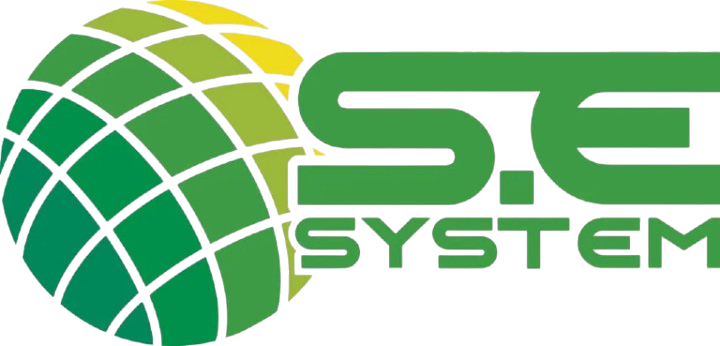Quality Standards in Fasteners for the Renewable Energy Sector
for the Renewable Energy Sector
Why are Quality Standards in Fasteners Crucial in the Renewable Energy Sector?
Common Quality Standards in Fasteners for Renewable Energy
There are various international quality standards that guide the production of fasteners. These standards ensure that the products are resistant to corrosion, capable of withstanding extreme stresses, and suitable for use in various environments, from solar installations in hot deserts to wind turbines in cold, salty marine conditions.
Here are some of the most common ones, but depending on the specific project and its location, there may be more standards or regulations to follow.
ISO 9001
ASTM International Standards
DIN (Deutsches Institut für Normung)
EN (European Standards)
European Standards (EN) are standards that have been ratified by one of the three European standardization bodies, CEN, CENELEC, or ETSI. They are applicable to a wide range of products, services, and processes, including fasteners.
How quality standards affect the lifespan and efficiency of renewable energy installations
Adhering to quality standards ensures that screws and fastenings have greater resistance to corrosion, temperature, and climate changes, factors that are crucial in the renewable energy sector. For instance, a screw that meets quality standards will have enhanced resistance to corrosion, allowing it to maintain its integrity even in challenging environments such as a marine power plant or a wind farm situated in a saline setting.
This level of resilience extends the lifespan of the installations, reducing the need for maintenance and replacement, and ensuring that renewable energy installations remain efficient and cost-effective in the long run.
The future of quality standards for screws and fastenings in the renewable energy sector
As the renewable energy sector continues to grow and evolve, so will the quality standards for screws and fastenings. Innovations in materials, such as more efficient anti-corrosive coatings or new metals and alloys, could lead to stricter standards and higher quality and performance of products.
Furthermore, as more renewable energy technologies are adopted worldwide, international quality standards will become increasingly important to ensure the safety and efficacy of these installations on a global scale. Manufacturers and suppliers of screws and fastenings will need to keep adapting to these changes to continue meeting the needs of the renewable energy sector.
The importance of quality standards for screws and fastenings in the renewable energy sector cannot be underestimated. To ensure the performance, efficiency, and longevity of these projects, SNK System is committed to producing and supplying products that not only meet but exceed these standards.

